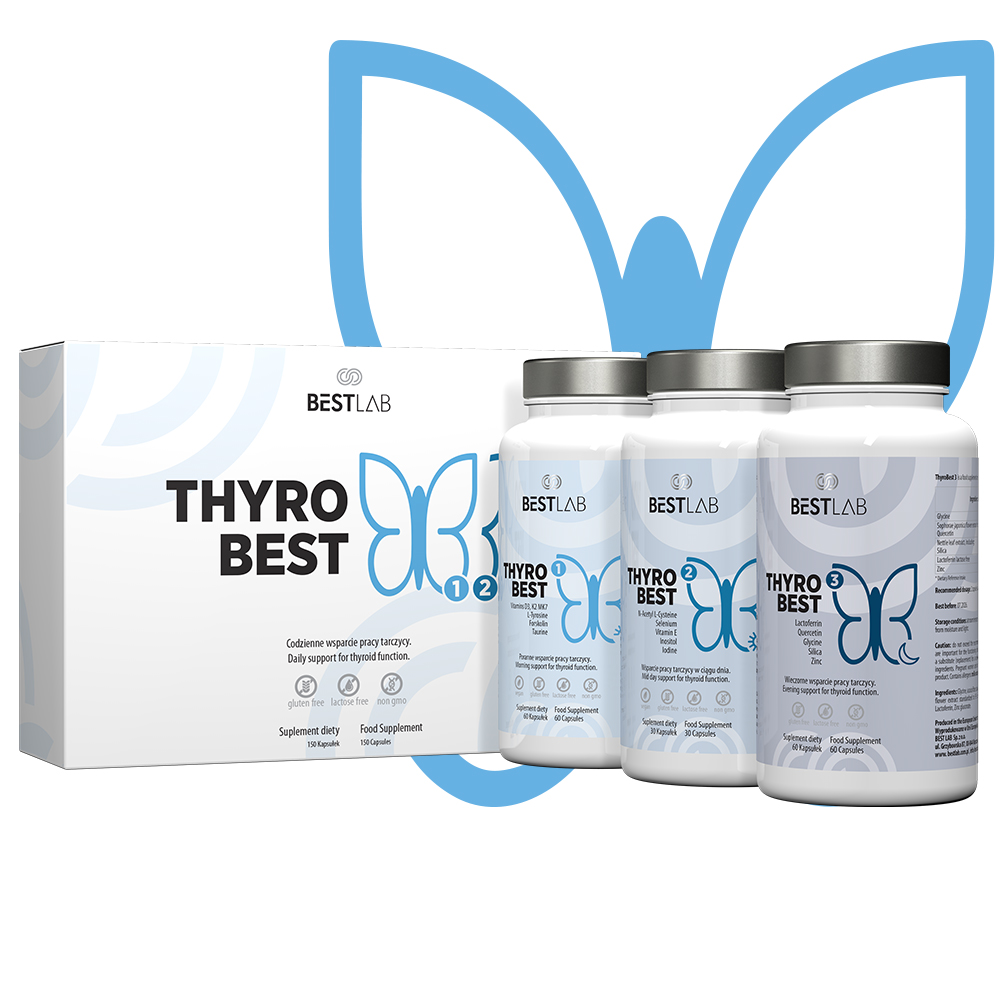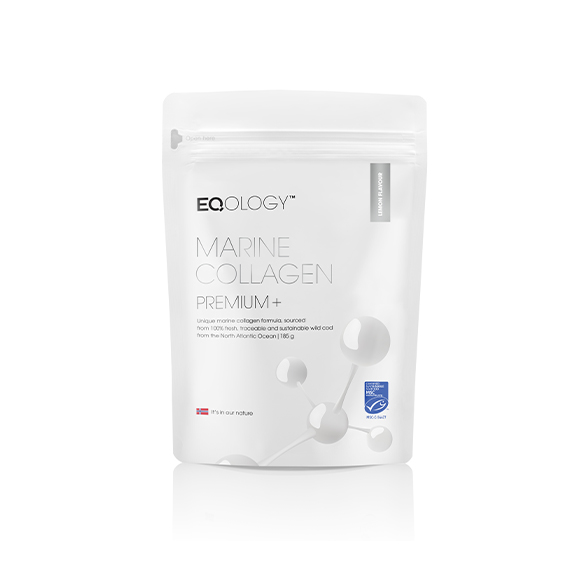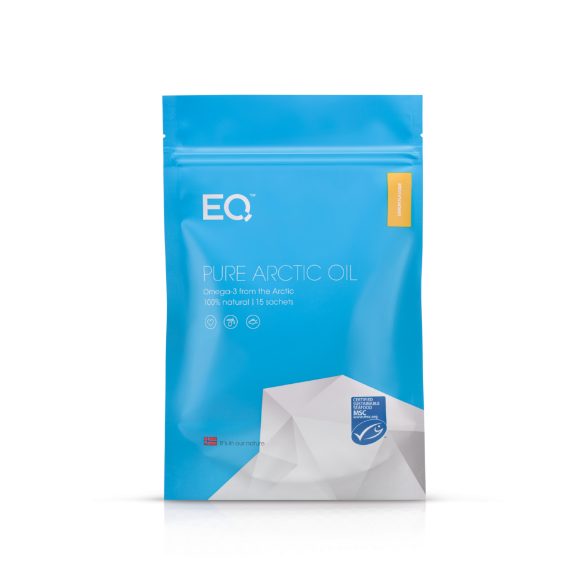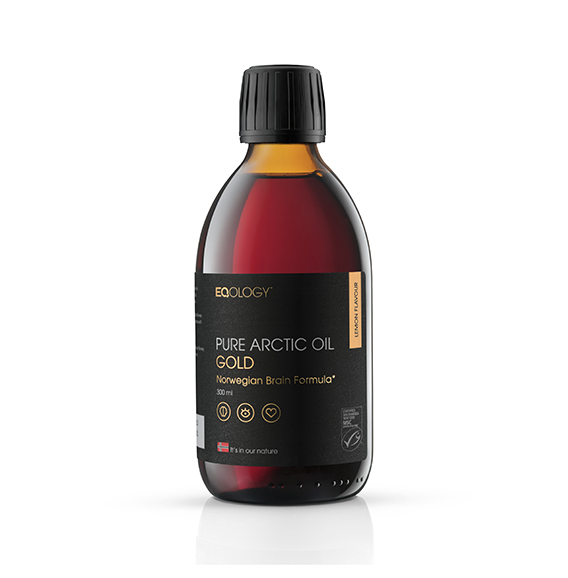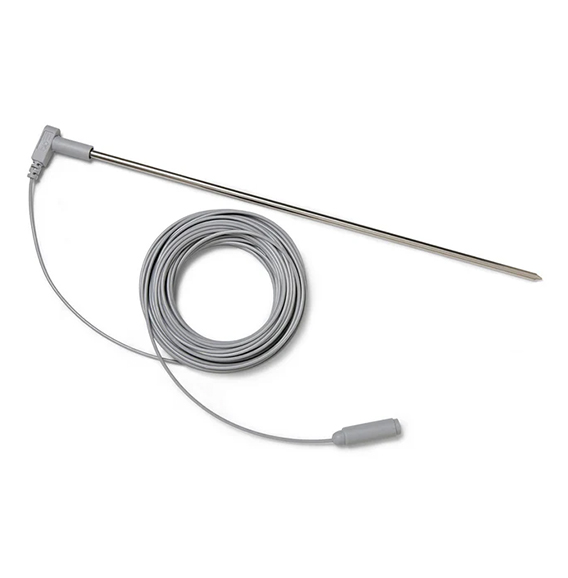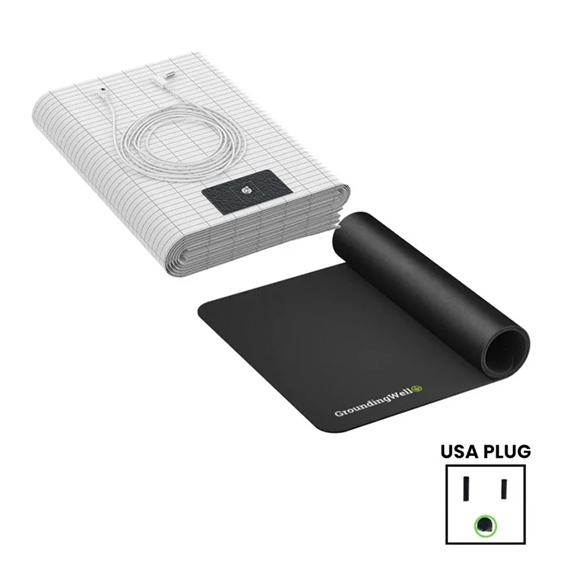Migraines and Their Prevalence
Migraines are a significant health concern, affecting an estimated 12% of the American population and being the second leading cause of disability worldwide. With up to 1 billion people impacted globally, migraines rank as the third most prevalent illness on Earth.
The Role of Estrogen and Thyroid Function
Recent studies highlight the strong connection between migraines, estrogen imbalance, and thyroid dysfunction. Excess estrogen and low thyroid hormone levels, particularly the imbalance between estrogen and progesterone, play a crucial role in the onset and severity of migraines. Research suggests that lowering estrogen and linoleic acid (LA) intake can alleviate many migraine symptoms.
How Estrogen Impacts Migraines
Estrogen’s role in migraines is largely linked to its ability to sensitize cells around the trigeminal nerve and the blood vessels in the head. This process enhances pain signals, making estrogen a significant factor in migraine development. Research from 2018 supports this theory, showing that progesterone—an estrogen blocker—has a protective effect against migraines. During women’s reproductive years, when estrogen levels are highest, migraines are more common, which further illustrates the connection.
Addressing Estrogen-Progesterone Imbalance
Managing estrogen-progesterone balance is critical for those suffering from migraines. Key strategies to reduce estrogen dominance include:
- Avoiding synthetic estrogens found in hormone replacement therapy, birth control pills, and plastics
- Choosing natural, organic personal care products
- Limiting pesticide exposure by choosing organic produce
- Reducing plastic use and opting for glass or stainless steel
- Supporting liver health to help metabolize excess estrogen
- Incorporating progesterone, particularly trans-mucosal progesterone (not oral or transdermal), can counteract estrogen excess. A daily dose of bioidentical progesterone, taken in the evening, may provide relief for those with estrogen-dominant migraines.
The Role of Mitochondrial Health
Migraine sufferers often experience mitochondrial dysfunction, a condition where the body’s cellular energy production is compromised. The root cause of mitochondrial dysfunction in this context is excessive linoleic acid (LA), a type of omega-6 fatty acid found in many common cooking oils. LA acts as a mitochondrial toxin when consumed in excess, leading to free radical damage and impaired cellular function. Limiting LA intake can improve mitochondrial function and, consequently, reduce the frequency and severity of migraines.
Link Between Migraines and Hypothyroidism
Hypothyroidism, or low thyroid function, is also closely linked to migraines. High intake of PUFAs like LA can inhibit the body’s ability to use active thyroid hormone (T3), leading to hypothyroidism. Studies have shown that individuals with migraines are at an increased risk of thyroid dysfunction, and managing hypothyroidism can often lead to a reduction in migraine frequency and intensity.
Dietary Changes to Prevent Migraines
To reduce the number of migraine attacks, it is essential to limit the intake of linoleic acid (LA). Ideally, LA intake should be below 2% of daily caloric needs, although even reducing it to 5% can bring significant improvement. Typical sources of high LA consumption include seed oils, processed foods, most restaurant meals prepared with vegetable oils, and conventionally raised meat.
Focusing on a diet rich in healthy fats such as butter, ghee, and coconut oil, while avoiding excessive amounts of vegetable oils and processed foods, can support both thyroid health and mitochondrial function. This approach may not only help in managing migraines but also improve overall well-being.
It is also worth considering Omega-3 fatty acid supplementation. Research shows that adequate intake of EPA and DHA has anti-inflammatory effects, reduces excessive nervous system reactivity, and supports proper brain circulation. The modern diet is often characterized by a high Omega-6 to Omega-3 ratio, which promotes inflammation and may worsen the frequency of migraine attacks. Introducing high-quality Omega-3 supplements helps restore the right fatty acid balance, which in practice translates to fewer and less severe migraine episodes.
The only Omega-3 supplements I personally recommend are those from EQOLOGY. They are of the highest quality, thoroughly tested for toxins, and made from wild-caught cod with a fully transparent origin of the catch. What makes EQOLOGY stand out is that every single batch is tested for purity and quality — not just once a year as is common with many other companies. This ensures safety, sustainability, and consistency, which is especially important when supplementation is meant to support neurological health and migraine prevention. You can order them here
If you suffer from migraines and notice that thyroid issues may be affecting them, it’s worth considering support in the form of appropriate supplements. ThyroBest is one such product that can help improve thyroid function and, as a result, contribute to reducing the frequency and intensity of migraines.
ThyroBest is designed to support thyroid health by optimizing thyroid hormone levels, which can improve overall well-being and reduce the risk of problems related to hypothyroidism, including migraines.
Regular use of ThyroBest can help restore hormonal balance by supporting the production of T3, which is crucial for cellular energy. As a result, the body gains greater regenerative capacity, and mitochondrial function improves, potentially alleviating migraine symptoms. It’s important to note that the effectiveness of supplementation may vary depending on individual needs, so it’s always a good idea to consult with a specialist before starting a new supplementation regimen.
To effectively monitor your thyroid health and assess how it impacts your well-being, it is advisable to undergo key diagnostic tests. These tests will allow you to accurately determine your thyroid hormone levels and other indicators that may affect your health, including migraines.
The first step is to measure the level of TSH (thyroid-stimulating hormone), which is one of the primary tests for assessing thyroid function. Elevated TSH levels may suggest hypothyroidism, while low levels may indicate hyperthyroidism. Another important test is the measurement of thyroid hormones T3 (triiodothyronine) and T4 (thyroxine), which are directly responsible for regulating metabolism and energy in the body.
Additionally, it’s advisable to test for antibodies against thyroid peroxidase (anti-TPO), which may indicate autoimmune thyroid conditions like Hashimoto’s disease. An ultrasound (US) of the thyroid is also commonly recommended to assess its structure and detect any nodules or changes within the gland.
Through these tests, you will be able to accurately determine whether thyroid issues are impacting your health and how to select the appropriate supplementation, such as ThyroBest, to support hormonal balance and improve thyroid function.
The thyroid is a small, butterfly-shaped gland that plays a key role in regulating metabolic processes, energy levels, and overall body function. Thyroid diseases, however, are very common, and their symptoms are often mistaken for other ailments such as chronic fatigue, weight fluctuations, or skin problems. Regular thyroid testing is crucial for early detection of abnormalities and to ensure proper health care.
In this article, we explain which thyroid tests are most important, why TSH testing alone is insufficient, and how to monitor thyroid function in a comprehensive way.
Why Are Thyroid Tests So Important?
Thyroid diseases can develop slowly and without noticeable symptoms, which is why regular monitoring of thyroid function is a key aspect of health prevention. Many people are unaware of the profound impact the thyroid has on metabolism, hormonal function, and the immune system. Improper thyroid function can lead to problems like hypothyroidism, hyperthyroidism, Hashimoto’s disease, or Graves’ disease.
To comprehensively assess thyroid health, it is worth regularly performing blood tests as well as imaging diagnostics such as thyroid ultrasound. Only through these tests can you get a full picture of the health of this organ.
What Tests Should You Take to Assess Thyroid Function?
To effectively monitor thyroid health and assess how its function affects your well-being, it is advisable to undergo key diagnostic tests. These tests will allow you to precisely determine thyroid hormone levels and other factors that may influence health, including migraines.
The first step is to measure the TSH level (thyroid-stimulating hormone), which is one of the primary tests for assessing thyroid function. Elevated TSH levels can suggest hypothyroidism, while low levels may indicate hyperthyroidism. Another important test is measuring the thyroid hormones T3 (triiodothyronine) and T4 (thyroxine), which are directly responsible for regulating metabolism and energy in the body.
Additionally, it’s worth testing for antibodies against thyroid peroxidase (anti-TPO), which can indicate autoimmune thyroid diseases such as Hashimoto’s. An ultrasound (US) of the thyroid is often recommended to assess its structure and detect any nodules or changes within the gland.
Through these tests, you will be able to precisely determine whether thyroid issues are affecting your health and how to effectively select appropriate supplementation, such as ThyroBest, which supports hormonal balance and improves thyroid function.
Key Thyroid Tests – What You Should Know:
1. TSH – Thyroid-Stimulating Hormone TSH testing is absolutely essential for diagnosing thyroid issues. TSH is a hormone produced by the pituitary gland that controls thyroid function by stimulating the secretion of FT3 and FT4 hormones.
– Elevated TSH: Can indicate hypothyroidism. The body tries to stimulate the thyroid to work harder, which leads to higher TSH levels.
– Low TSH: Can suggest hyperthyroidism, where the gland produces too much hormone. However, TSH testing alone is not enough to make a full diagnosis. Therefore, it’s always necessary to extend diagnostics with FT3 and FT4 testing.
2. FT3 and FT4 – Free Thyroid Hormones FT3 (free triiodothyronine) and FT4 (free thyroxine) are active thyroid hormones that regulate metabolism, body temperature, and energy levels. Their levels provide key information about thyroid function.
– FT4: The main hormone produced by the thyroid, which is converted into FT3.
– FT3: The more active form of the hormone, which directly impacts the body’s cells. Abnormal levels of FT3 and FT4 may indicate hypothyroidism, hyperthyroidism, or other thyroid disorders.
3. Anti-TPO – Antibodies Against Thyroid Peroxidase Anti-TPO testing can detect autoimmune thyroid conditions like Hashimoto’s disease. Elevated anti-TPO levels suggest the immune system is attacking the thyroid, potentially leading to chronic inflammation and hypothyroidism.
If Hashimoto’s disease is suspected, the anti-TPO test is one of the most important diagnostic steps.
4. Anti-TG – Antibodies Against Thyroglobulin The anti-TG test helps identify other forms of autoimmune thyroiditis. Like anti-TPO, the presence of these antibodies suggests an autoimmune disorder.
5. TRAb – Antibodies Against the TSH Receptor
TRAb antibodies are crucial in the diagnosis of Graves’ disease, which leads to hyperthyroidism. TRAb stimulate the TSH receptors on the thyroid, causing excessive hormone production.If you suspect hyperthyroidism, this test is essential to confirm the diagnosis.
6. Thyroid Ultrasound – Imaging Diagnostics Thyroid ultrasound is a non-invasive test used to examine the structure of the thyroid and detect potential abnormalities, such as nodules or swelling. It’s recommended if there are signs of thyroid dysfunction or to further investigate any detected abnormalities in hormone levels. With ultrasound, it is possible to detect nodules, cysts, or goiters that may require further diagnostics. Regular ultrasounds, performed once a year, help monitor the condition of the thyroid and detect potential issues at an early stage.
7. How often should thyroid tests be done?
For healthy individuals, it is recommended to monitor thyroid function every 1-2 years. However, if you have symptoms such as chronic fatigue, weight fluctuations, concentration problems, or hair loss, you should get thyroid tests as soon as possible.
Individuals already diagnosed with thyroid diseases should regularly monitor TSH, FT3, FT4, and antibodies to assess the effectiveness of their treatment.
Thyroid Disease Prevention – How to Support Thyroid Health?
In addition to regular tests, it is important to maintain a healthy lifestyle and a diet rich in nutrients that support the thyroid. Particularly important are:
- Selenium and iodine, which support hormone production.
- Zinc and B vitamins, which help maintain hormonal balance.
- Avoiding stress and ensuring adequate sleep, which prevent thyroid overload.
Caring for thyroid health involves not only regular testing and a proper diet but also appropriate supplementation. Hypothyroidism, Hashimoto’s disease, and other thyroid dysfunctions can cause fatigue, weight problems, and a decline in well-being. In such cases, it becomes essential to support the thyroid by providing necessary nutrients.
One of the most effective supplements dedicated to supporting the thyroid is ThyroBest BestLab, specifically designed for people dealing with hypothyroidism and autoimmune diseases like Hashimoto’s.
Hypothyroidism – Which Supplements Are Best to Take?
To support thyroid function, it is worth using supplements that provide key nutrients for its operation. ThyroBest BestLab contains iodine, essential for hormone production, as well as selenium and zinc, which provide protective functions and support thyroid cell regeneration. Thanks to the presence of L-tyrosine and inositol, ThyroBest BestLab supplementation helps maintain hormonal balance and energy metabolism, leading to better well-being and stable energy levels. Regular use of ThyroBest BestLab is an effective way to support the thyroid in daily functioning, especially in cases of hypothyroidism.
What sets ThyroBest BestLab apart is its innovative division into three formulas tailored to the body’s natural daily rhythm:
- Morning capsule: supports hormone production and speeds up metabolism, helping you start your day with energy.
- Day capsule: stabilizes thyroid function throughout the day, ensuring optimal body performance.
- Evening capsule: supports regeneration and calms the body, preparing the thyroid for overnight regeneration.
Summary – Why Are Thyroid Tests Crucial for Health?
Regular thyroid tests, such as TSH, FT3, FT4, anti-TPO, and ultrasound, are essential for maintaining good health and early detection of diseases. The thyroid is a small gland with enormous significance, which is why it’s important to pay attention to its functioning and not ignore the early signs of health problems.
Thyroid, Analysis by Dr. Joseph Mercola
Thyroid tests – what is worth knowing and what to do to take care of the health of this important organ? Blog – BEST LAB

